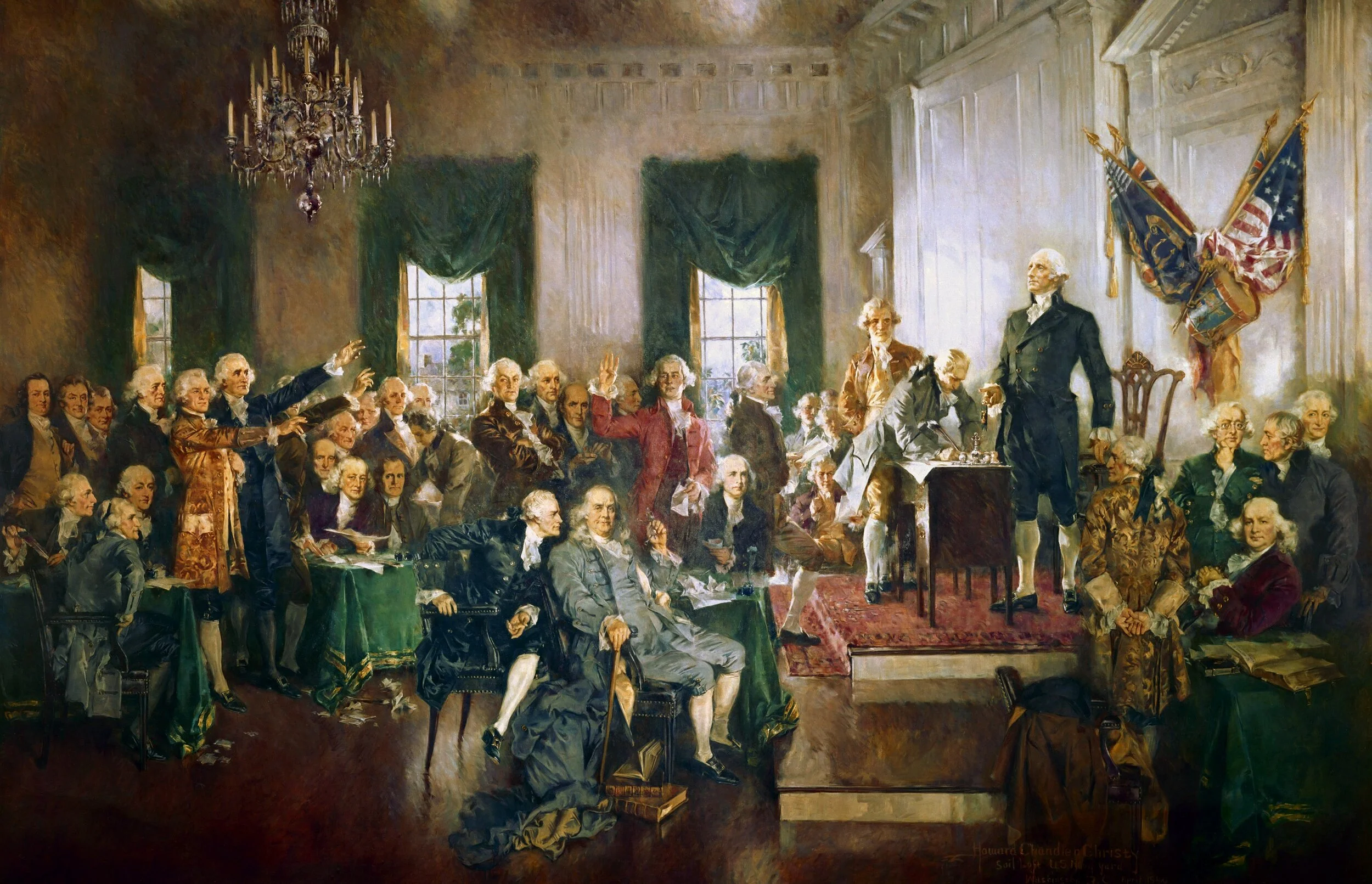Is This the Second Civil War?
/The question in the title of this article has been asked by thousands of people — American and foreign — in the days since the failed coup d’ etat in Washington on January 6, 2021. I cannot add to the already extensive coverage of the attack on the US Capitol, or of the ways the mob was incited to do what they did. I have a little to say about the validity of the election, but that comes elsewhere.
But I can certainly provide a clear, definite, final answer to the question.
The answer is, No.
The form of the question is a sort of equation. It asked whether “This” equals “The second civil war” in the same way 2+2 equals 4. To answer the question, we have to understand “this” and we also have to understand “war.”
The “this” in this case was a brief, destructive, but ultimately ineffective assault on a single building and the people in it. Without denying that an attack on the US capitol was a grave national trauma, we can all agree that it was limited to just that small area and that apart from the several thousand people who were directly involved, the remaining 99.9% of the American population was unaffected.
It is important to understand that much more was intended to happen than actually did. Five people were killed. But the mob had notions of many more deaths and far greater destructions.
On the West Lawn of the Capitol Wednesday, a man in a pom-pom beanie clamored for blood. “Execute the traitors!” he shouted into a megaphone. “I wanna see executions!”
Before the protest, pro-Drumpf radicals had posted online about their intentions to kill Vice President Mike Pence. They brought zip ties and wore Kevlar vests. Rioters erected a wooden gallows next to the Capitol Reflecting Pool, and police discovered two pipe bombs on Capitol Hill.
The violence could have been even worse. Some of the rioters clearly wanted it to be.
Drumpf supporters had been plotting the attack for weeks, promising violence if Congress didn’t overturn the results of the presidential election. They discussed the weapons they would bring and brainstormed which lawmakers they would hang first.
So it is necessary to balance two opposing thoughts. First, what happened was really bad. But second, what happened was not nearly as bad is the perpetrators intended.
It WAS an attempted coup d’ etat and an attempted insurrection. But it was a brief, small, and ineffective one. Criminal behavior is no laughing matter. But it possible for people to do something so badly, even something serious, that it becomes funny.
The invaders who forced their way into the US Capitol on January 6, 2021 looked silly in their own way, just as do these attackers from the hilarious 1980 movie, “The Gods Must Be Crazy.” Many of the photographs and images from the assault on the US Capitol show the crowd standing still, looking at their phones and taking selfies, allowing critical time to pass while their chance to accomplish something diminished.
”War” on the other hand, is something completely different. War is large-scale, coordinated, carefully planned, well-supplied campaign of violent and destructive actions aiming to accomplish specific tactical and strategic objectives.
The mob on January 6, 2021 was large — several thousand people. But the armies of the American civil war were much larger. Not 10-thousand, but 100-thousand. The mob had no leaders, no coordination, no clear objective. Those things are all necessary for a war.
Amateur students of history often imagine that war is played out like board games with indestructible pieces or computer games with players who can shoot forever without reloading. But real wars are fought with soldiers who get hungry and tired, and with weapons that break and jam and run out of bullets. Until you understand the importance of planning and supply and lines of approach, you can’t begin to understand how battles are won.
Many people are opposed to all war on principle. And many more are opposed to particular wars that they consider unfair or unnecessary. And sometimes people object to things done during wartime even when they support the war.
Nobody, however, should disrespect war so much that they confuse it with a small, brief act of criminal mischief. “This” does not equal “the second civil war.”









